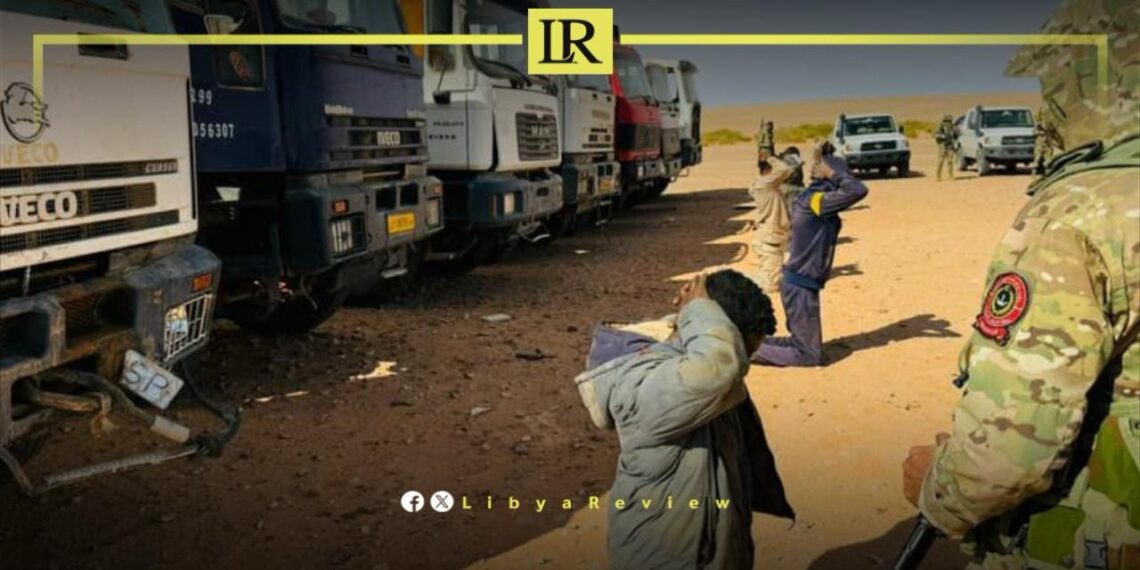Investigations and reports have shed light on the smuggling of Libyan fuel, revealing an industry that generates billions in illicit profits, involving local actors, European networks, government entities, mercenaries, and organized crime. The Times of Malta recently detailed how these operations have transformed Libyan fuel into a highly profitable business, with significant implications for tax evasion and the funding of conflicts in Libya and military activities in Ukraine.
Originally small-scale, using fishing boats for transport, the smuggling has escalated to include large ocean-going vessels, expanding the trade’s reach. The late journalist Daphne Caruana Galizia’s investigations, which identified Malta as a central hub in this operation, underscored the risks associated with exposing such networks.
The trade benefits from Libya’s fuel subsidy system, selling fuel at steep discounts and necessitating the country to import to meet domestic demand. Smuggling operations have been found to be more covert and profitable than drug or human trafficking, facilitated by the ease of forging documents to appear legitimate.
In 2022, the Interim Government of National Unity’s expenditure on fuel subsidies surged to $13 billion, highlighting the dependency on imports due to local production shortfalls. Russia has become a key energy partner for Libya, especially following sanctions imposed over the Ukraine invasion, leading to a significant increase in Russian fuel imports to Libya and its subsequent illegal export to Europe.
The Times of Malta emphasizes that the fuel subsidy system not only fuels smuggling but also contributes to domestic supply shortages, forcing Libyans to rely on the black market. The subsidies, intended to support Libyan families, instead primarily benefit the smuggling networks, exacerbating the fuel crisis.


